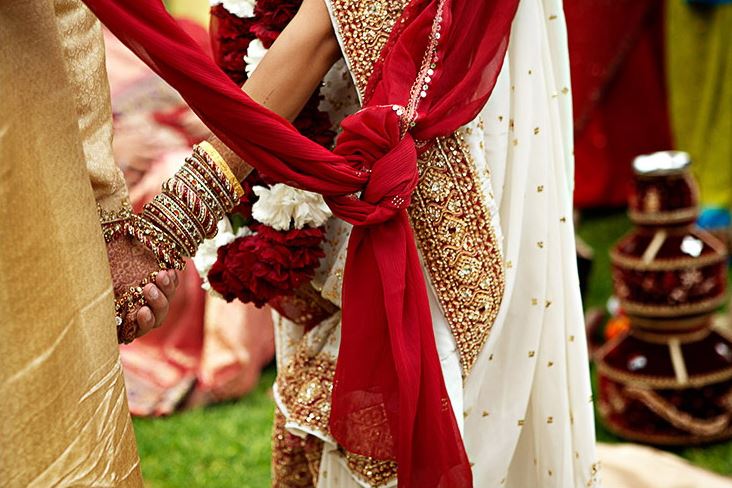Rape Laws not Suitable for India: Maneka Gandhi

NEW DELHI: Maneka Gandhi, speaking in the Rajya Sabha recently, said on the issue of marital rape, “It is considered that the concept of marital rape, as understood internationally, cannot be suitably applied in the Indian context due to various factors like level of education/illiteracy, poverty, myriad social customs and values, religious beliefs, mindset of the society to treat the marriage as a sacrament, etc.”
The reasons cited by her to oppose attempts to undertake any remedial action against marital rape are hardly new and interesting, what’s interesting is her own stark change of stance from what she had said on the same issue before. Earlier, last year, she had said in an interview that the nature of such an act is “not always about a man’s need for sex, it is also about his need for power and subjugation,” thus condemning the same corruption of a marriage whose “sacrosanct” character she now wants to keep intact, and out of bounds of law.
The debate to bring marital rape under law has been going on for years now. Many countries in the meanwhile, have gone through the same back and forth, and have finally tamed the elephant and rendered it a crime. The UK, US, Australia, New Zealand, Israel, Canada, South Africa are some of these. Thailand and Nepal, too, recently brought it under the purview of law. India on the other hand, seems to be lost in sanctimony than in ensuring the protection of the married woman under justice and law.
The Citizen spoke to Kamla Bhasin, a well known gender rights activist who said,“If all the things that Maneka Gandhi said exist, then the concept of gender equality in constitution and the concept of caste equality too shouldn’t function. When the laws to achieve these two can exist then why can’t they for marital rape. They were all decades ahead of society when they were brought. Most laws have been ahead of society for a lot of people. But if what Maneka Gandhi has said is valid, then really our constitution should not be there either. We haven’t achieved much in the way of these equalities in 65 years of constitution despite the law but that shouldn’t stop us from bringing them into our constitution.”
Moreover, what Maneka Gandhi said in the Rajya Sabha wasn’t her own idea, but but a verbatim rendering of what Haribhai Parthibhai Chaudhary, Mos Home Affairs, had said in the same House last year in the wake of the rejection of a marital rape plea by Supreme Court.
As per the Indian law, Section 375, which deals with rape, states, “sexual intercourse by a man with his own wife, the wife not being under 15 years of age, is not rape.” The point that being a wife at 15 years of age is incongruent with the law is not even in contention in the whole debate.
There are other many women rights activists who don’t agree with the idea of a rape being exempted just because it’s done under the aegis of a conjugal alliance. Dr Jyotsana Chatterjee, Director, Joint Womens Program, said, “We have been fighting for it for a long time but somehow it’s not happening for one reason or the other. If they can’t bring a law as they cite various reasons against doing so, they must at least find ways to curb it. Forced sex is a reality and it leads to various severe complications. Just as men women should have right to choose, I don’t think men would want this to happen in their case if they were at the receiving end.”



